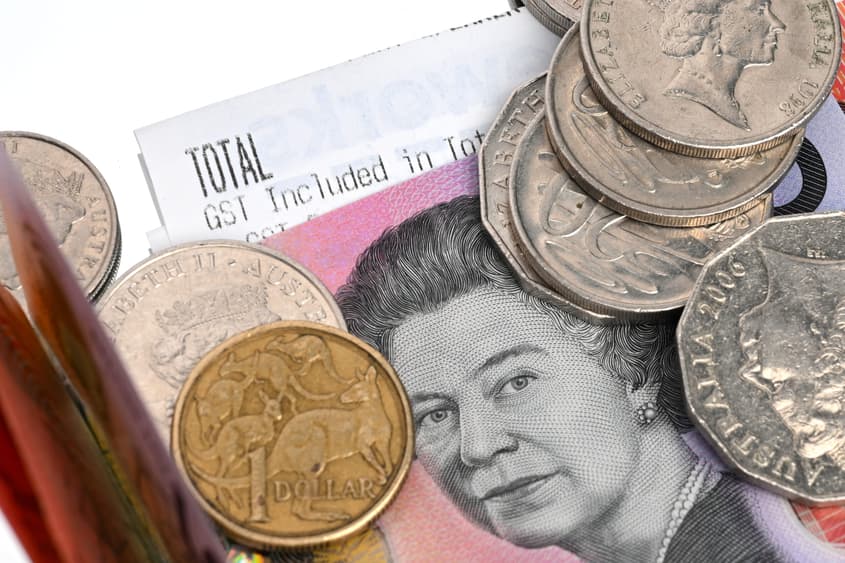States and territories will miss out on between $25 and $26 billion in the next financial year and $107 and $122 billion over the forward estimate, according to new data.
Mon 22 Sep 2025 15.00

Photo: AAP Image/Lukas Coch
States and territories will miss out on between $25 and $26 billion in the next financial year and $107 and $122 billion over the forward estimate, according to new data.
That is because revenue from the GST has grown at a slower rate than the economy.
“This will have a significant impact on ability of states to provide essential services like health, education and public housing,” said Matt Grudnoff, senior economist at The Australia Institute.
Mr Grudnoff said state and territory governments are suffering from a shortage of revenue, and the federal government has the tools to help restore “billions of dollars in lost revenue.”
“When the GST was introduced, it was promised that it would be a growth tax that the states and territories could fund their services into the future,” he said.
“But it has grown slowly and starved state and territory budgets.”
The report says the factors driving the decline in GST revenue as a proportion of GDP are expected to continue and estimates how much is lost by projecting how much GST is expected to be collected over 10 years from 2024-25.
Trends include the steady reduction in the share of national income flowing to workers, the rapid rise in spending on housing, the decision to exclude private schools and private health from the GST and high-income earners having more ability to travel overseas and buy items GST free.
The results show that the loss in revenue rises from $22 billion in 2023-24 to $53 billion in 2033-34. Over the 10 years from 2024-25 to 2033-34, the loss of revenue is $373 billion.
“Short-changing the states and territories is having real impacts on the vital government services they provide,” Mr Grudnoff said.
“Shortfalls in funding of health, education, and other vital government services are commonplace across Australia.”
A previous report into GST revealed it failing to work as intended came at a huge cost.
It showed that if GST had kept up with economic growth, as it was intended to do, states and territories would have received an additional $231 billion in revenue in the time since it was introduced.
At the time, Executive Director of the Australia Institute, Richard Denniss, pointed out that had GST kept up with economic growth, the Northern Territory, Queensland and South Australia could have had budget surpluses in 2023-24, while other jurisdictions were in a much healthier position.
“The GST was meant to be a secure source of funding for the jurisdictions to pay for things like schools and hospitals, but it has failed to live up to this goal,” Dr Denniss said.
“If the Australian Government wants to fill this tax-blackhole without hurting low-income households, it could broaden the GST so that it applies to private school fees and private health insurance.
“Alternatively, it could close tax giveaways like the Fuel Tax Credits Scheme, or raise new taxes on wealth, or the gas industry.”
The GST deal Western Australian got under the Scott Morrison government has also previously been scrutinised.
Independent Economist Saul Eslake estimates that for the five years to 2030, the average annual cost of the WA GST deal is around $4.1 billion a year, arguing changes to the GST carve-up deal are not working as intended.
“A government that truly believed in equity, and was committed to prudent and responsible budget outcomes, would scrap this appalling piece of public policy,” wrote Mr Eslake in The Conversation.
“And Opposition that was sincere in its claims to stand for fiscal responsibility would support any move by the government to do so.”